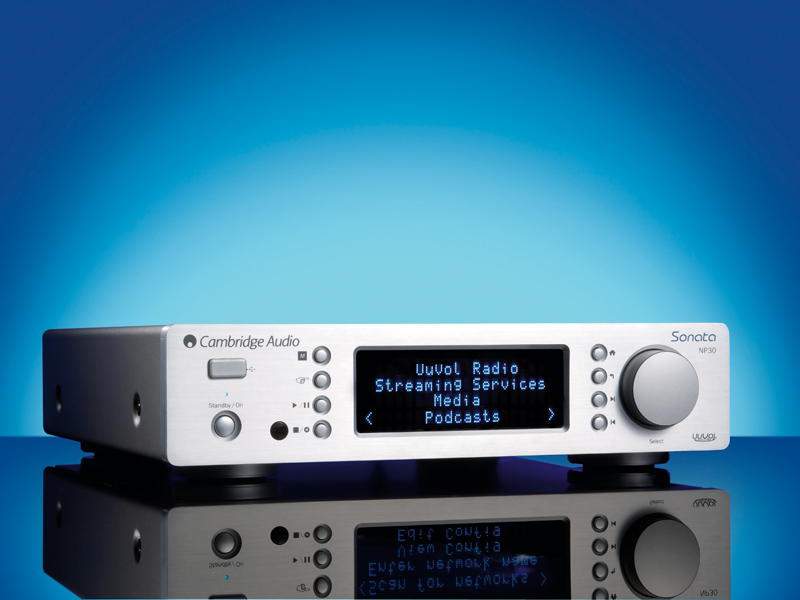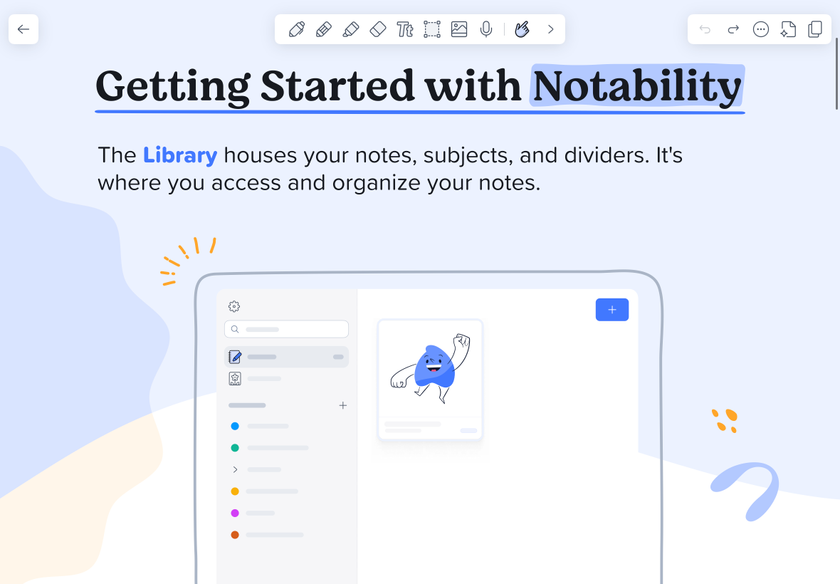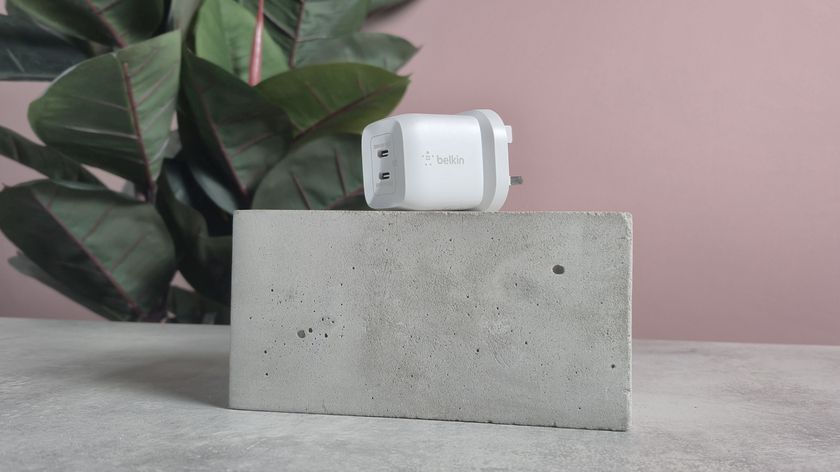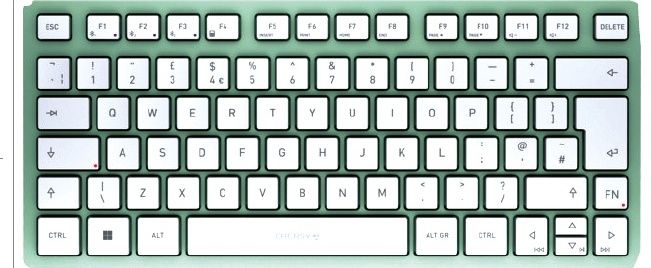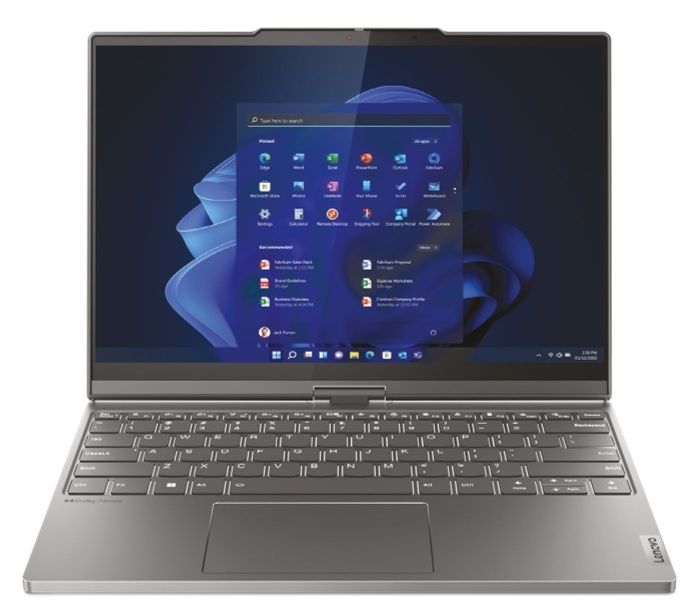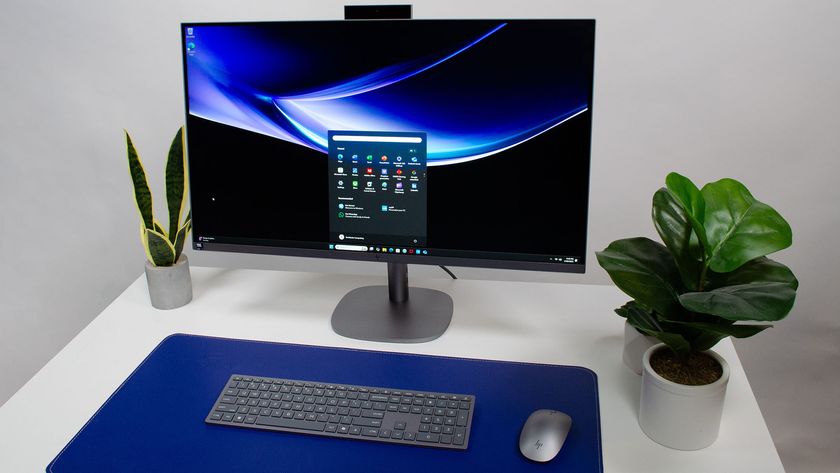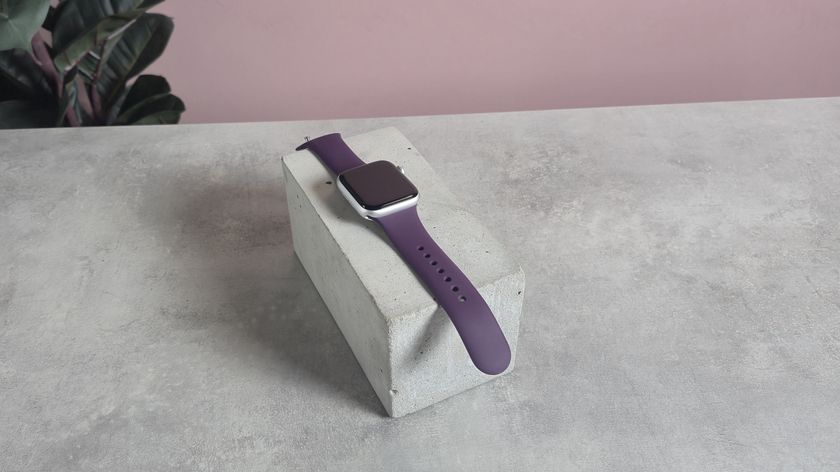TechRadar Verdict
Pros
- +
Well featured
- +
Easy to use
- +
Good open sound quality
Cons
- -
Less easy to use without app
- -
Doesn't support 88.2kHz material
Why you can trust TechRadar
At Munich's High End 2010 show, Cambridge announced the NP30 network streamer. By the time the same event came around this year it had just about finished it.
Cambridge's excuse for this extraordinary tardiness is that network audio is a fast-moving business and things change every day; its engineers wanted to get the first streamer right and this took time.
Built into the half-width Sonata casework, the NP30 is a neat unit with a host of features and apps for large and small touchscreens, as well as a traditional remote. It offers the delights of several streaming services as well as Cambridge's own Uuvol net radio portal.
Man machine
One reason why the NP30 took so long is that Cambridge did a lot of the work in-house, which with streaming systems is pretty rare due to the man hours required in programming. The advantage is that it gives the company more control over the end product and allows it to make updates as and when they are required.
Perhaps this is why it had trouble in finalising the design; there's always another tweak!
The NP30 has ended up being a 24-bit/96kHz-capable player that will play all the key formats with the exception of iTunes' Apple Lossless and one particular flavour of FLAC. It has a wireless antenna, but you are encouraged to use the RJ45 socket for an Ethernet connection direct to your network.

Like the Cyrus Stream XP it's designed to be used with a UPnP NAS drive, but if you have Twonky Media on your computer it can play files from that source as well.
Its back panel is equipped with analogue and digital outputs, plus the Ethernet port and a USB input for 'local media' material stored on a USB drive, so long as it's a FAT-formatted drive (as per PC drives rather than Mac).
It's probably possible to get around your music collection using the front panel keys, but as these are duped and enhanced on the remote it's an unlikely pursuit. The display is big enough to be read a couple or so metres away and once you remember that you can't go back a page with the navigation ring but have to use the return button things get a bit easier.
The sexier option is the Uuvol app, which can be downloaded gratis onto your Apple touchscreen device. This is a lot easier to use and doesn't require any squinting, in fact in its Touch/iPhone form it's a very nice interface.
Scrolling through lists is initially jerky, but quickly smoothes out once it's got a grip on the full track listing. The app also lets you find radio shows both live and on-demand and gives you the option to save them to the list of 20 presets.
The BBC iPlayer is a treasure trove, but you have to delve down through no end of screens to get to the music. This is not entirely Cambridge's fault. It's also great to be able to find so much from the comfort of your armchair.
Its other streaming services consist of Aupeo, Live365 and MP3Tunes, but none of the bigger ones like Last.fm or Spotify. Aupeo is quite interesting, playing music like a radio station without the links you can select by genre and it displays artwork as well as bit rate in surprisingly specific terms.
Mystery control
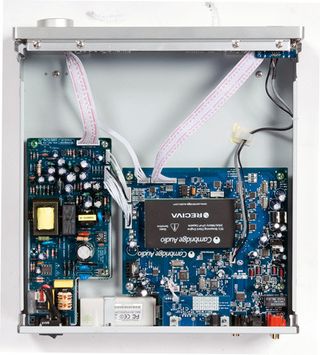
Cambridge packs an awful lot of networking technology into the NP30 and at £400 you're never going to get fancy casework, rather you get solid build that's in much the same vein as the rest of Cambridge's dedicated audio products, except smaller.
The handset is a variation on the usual theme and works well enough, albeit with some counter-intuitive tendencies that become familiar fairly swiftly.
One thing that initially fooled us is the volume buttons, which had a distinct effect despite the unit supposedly having a fixed output. It turns out that the remote can also drive this aspect of our ATC preamp.
There is competition at this price level from Logitech's Squeezebox Touch and Duet network players, which can play a good range of formats including Apple Lossless and support 24-bit/96kHz streaming, but are less geared toward NAS drives, although some models do work.
There is also a well-priced network player from Marantz: the NA7004 has access to services including Napster and Last.fm and the Mac-friendly AirPlay facility. It also comes in a big box with a Marantz D/A convertor and output stage for under £600 if you shop around.
Scrolling away
Finding the tune of your choice on the NP30 is significantly easier using the app than with the remote and front panel display. This is because there is no means of jumping to songs or artists using an initial letter.
Something that the Squeezebox and Cyrus let you do, but what the latter can't do is to stream wirelessly up to CD's 16/44.1 bit rate and this makes a decent fist of the end result as well. We put it up against a Squeezebox Touch, via both digital and analogue outputs and in both instances the Cambridge made a strong case for the extra asking price with a rich, detailed and refined sound that makes the Touch sound basic, which it ain't.
Using its digital output, via the Resolution Audio Cantata DAC/preamp, reveals the NP30 to be a very capable and entertaining player with an appealingly open, detailed presentation that holds up to the exposure of a high-resolution system.
The 24-bit/96kHz version of Peter Gabriel's Boy in the Bubble is very strong on atmosphere, his voice seems present in the room but the space in the studio is clearly an alien construct. We had difficulty playing a favourite hi-res track however, because the unit's clocking system can't cope with 88.2kHz sampled material, such as you find on HDtracks.com.
Listening to internet radio proved most gratifying: Radio 3's high bit-rate AAC stream is particularly impressive, as is the ease with which you can track down on-demand programmes from the BBC. Aupeo is quite fun, too and we found at least one new artist that we'd like to hear more from on the jazz fusion stream. It seemed more like post-rock, but what do these names mean anyway!
Net radio
This new network player brings with it a lot of features and an open sound for a very competitive price. The interface using the front panel display has its limitations however; you really need the app and a suitable touchscreen device to be able to enjoy the product.
Wireless streaming is very effective, more so than both the Cyrus and Naim entry-level products, while set up of both web radio, streaming services and stored file access is pretty straight forward.
We particularly like the Uuvol net radio system because it gives so much information. All-in-all the NP30 looks like a bargain for those taking their first steps in high-quality streaming.
Follow TechRadar Reviews on Twitter: http://twitter.com/techradarreview
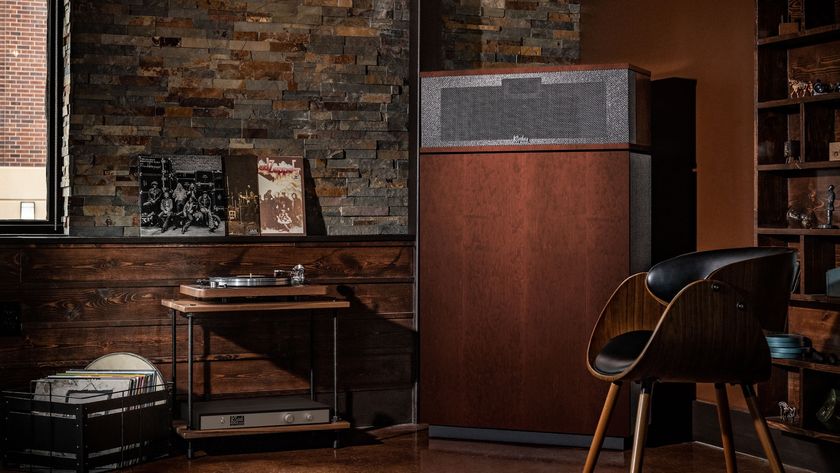

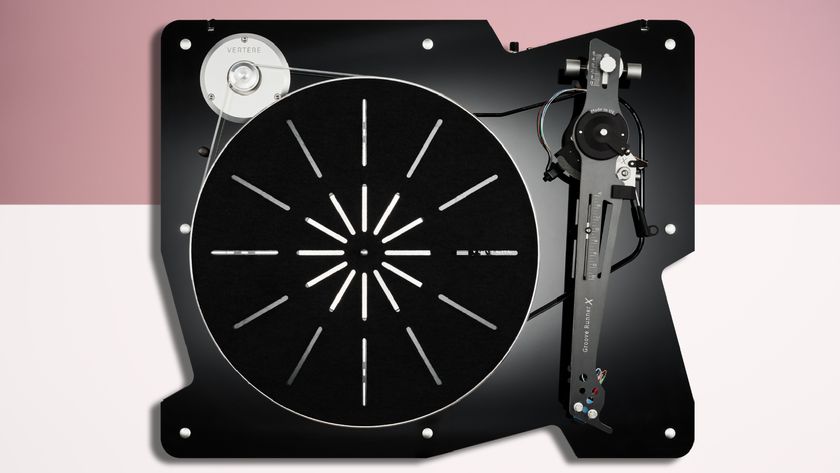

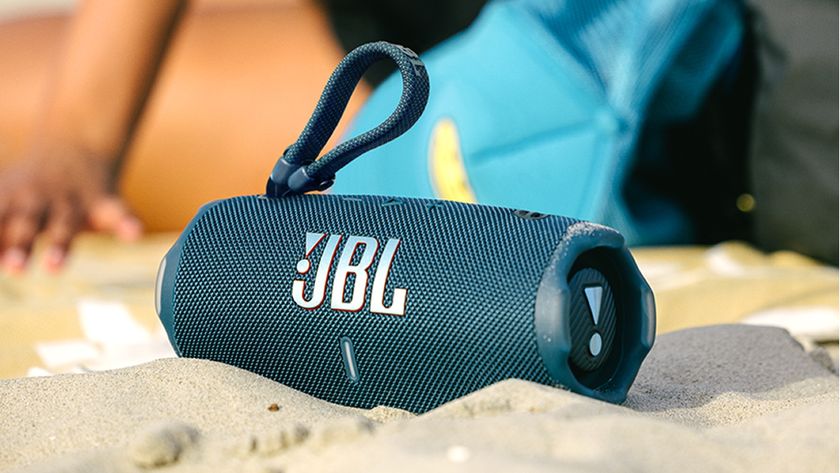
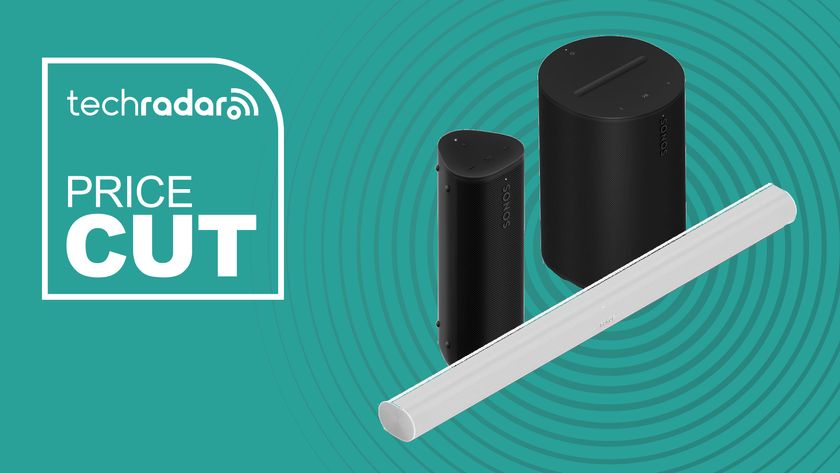
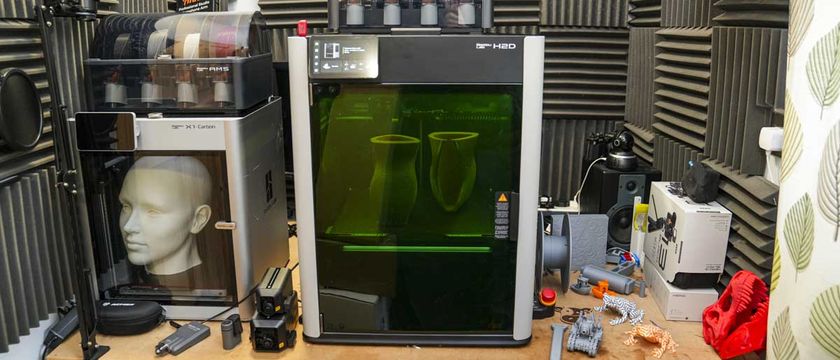
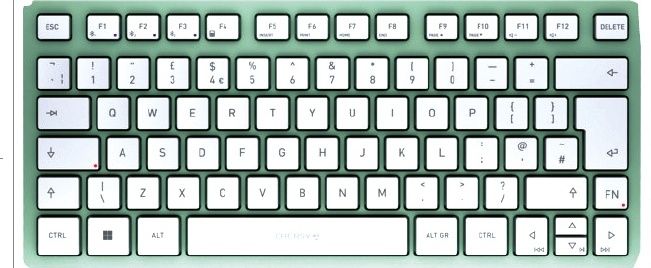
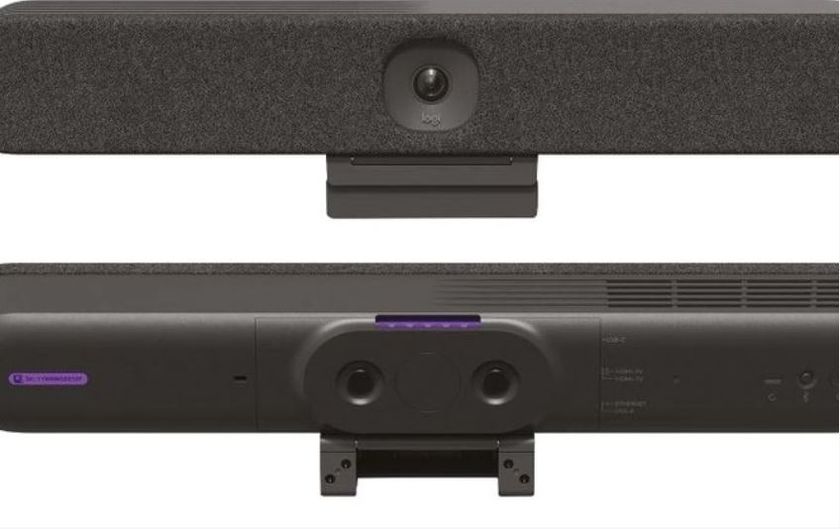


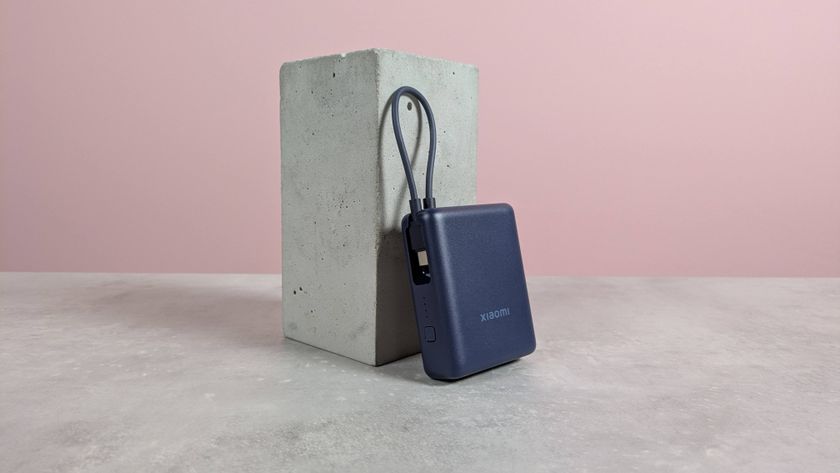
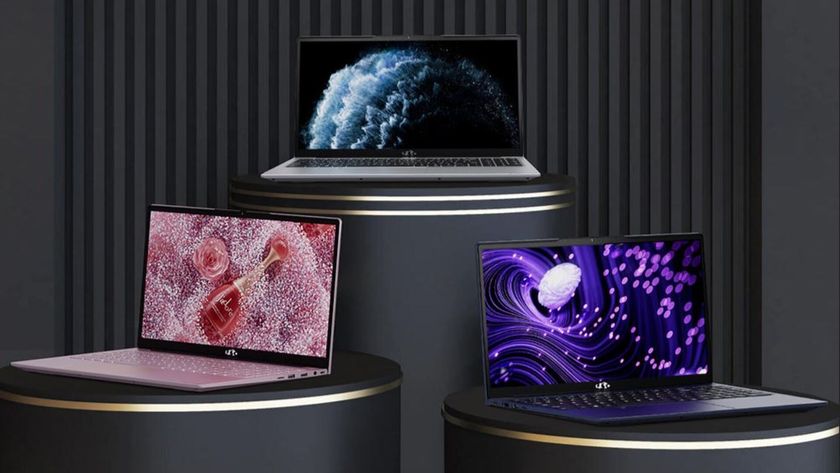
This obscure laptop brand sells a 64GB AMD Ryzen 9 laptop for just over $700 which is faster than the Apple's M4 CPU

Deepseek’s new AI is smarter, faster, cheaper, and a real rival to OpenAI's models
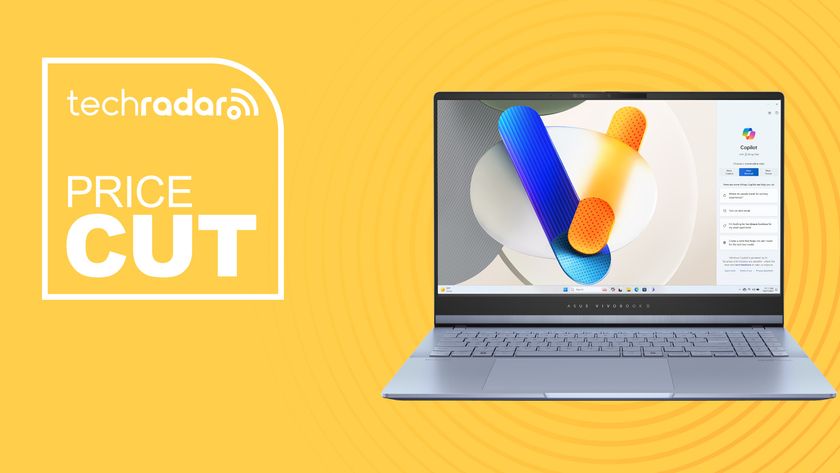
I've looked through hundreds of laptop deals in the Spring sales - this $599 Asus Vivobook has them all beat
